Projects
Science to better understand the marine environment
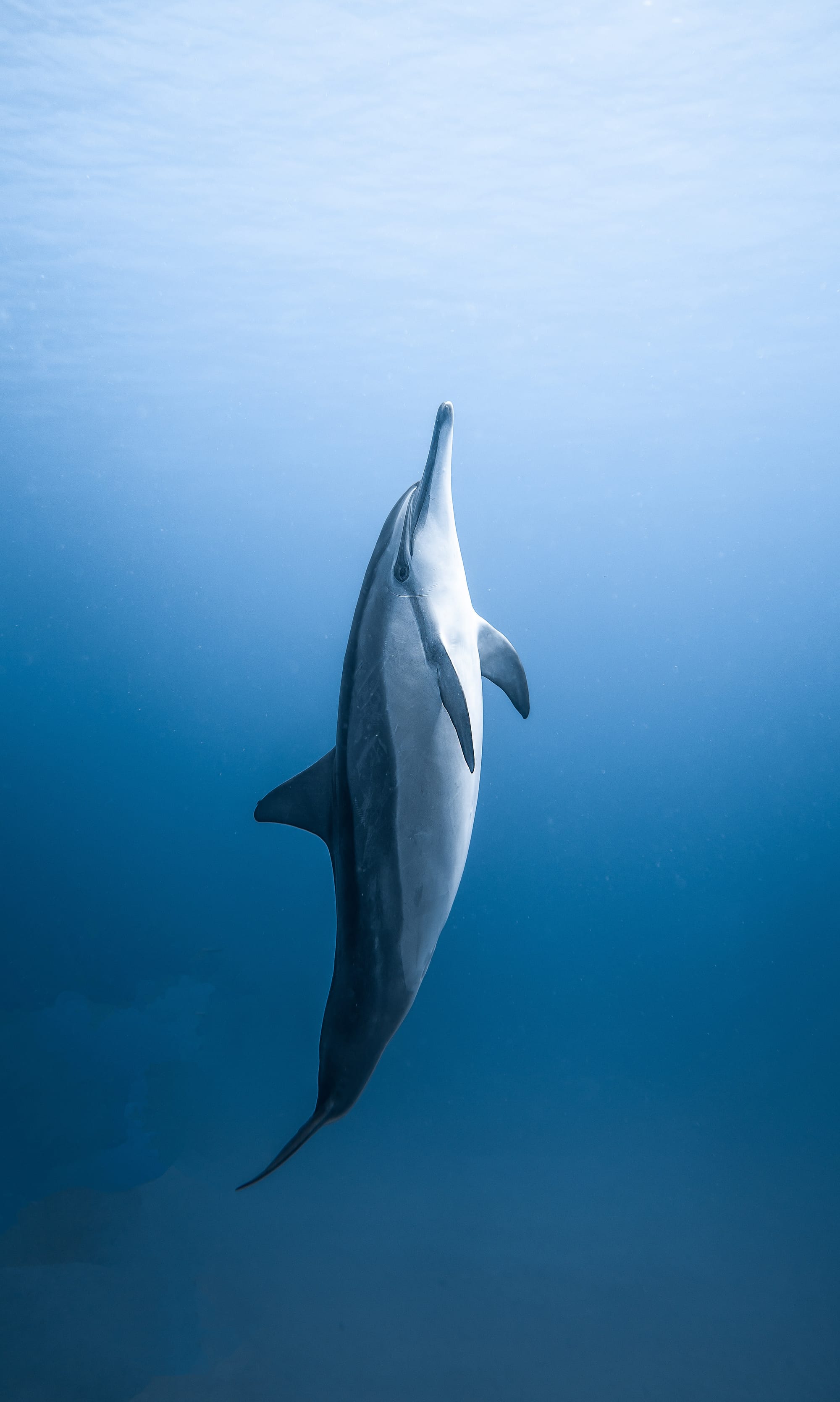
MegaMove
MegaMove is a global collaborative project that advances the long-term conservation of marine megafauna through strategic mitigation of global threats guided by an innovative global science effort involving a concerted network of more than 300 marine movement ecologists from around the world. To date, we have compiled about 16,000 tracks of marine megafauna across over 100 species from whales, sharks and tunas, turtles, seabirds and penguins to seals and polar bears.
MegaMove has been endorsed by the UN Ocean Decade for Sustainable Development.
50+ countries, 200+ institutions, 400+ members
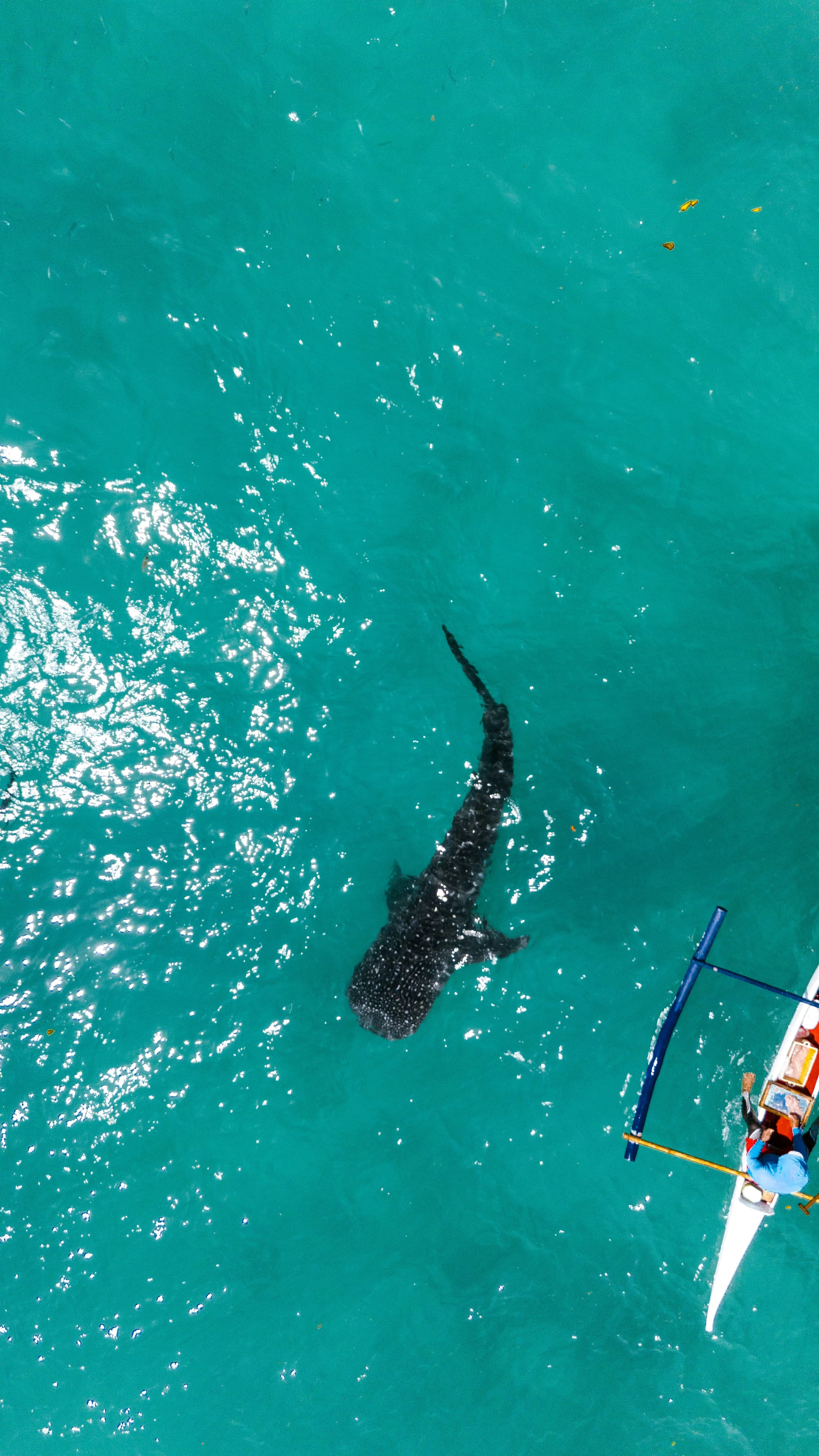
Gathaagudu Animal Tracking (GAT)
Visit the GAT Project Website →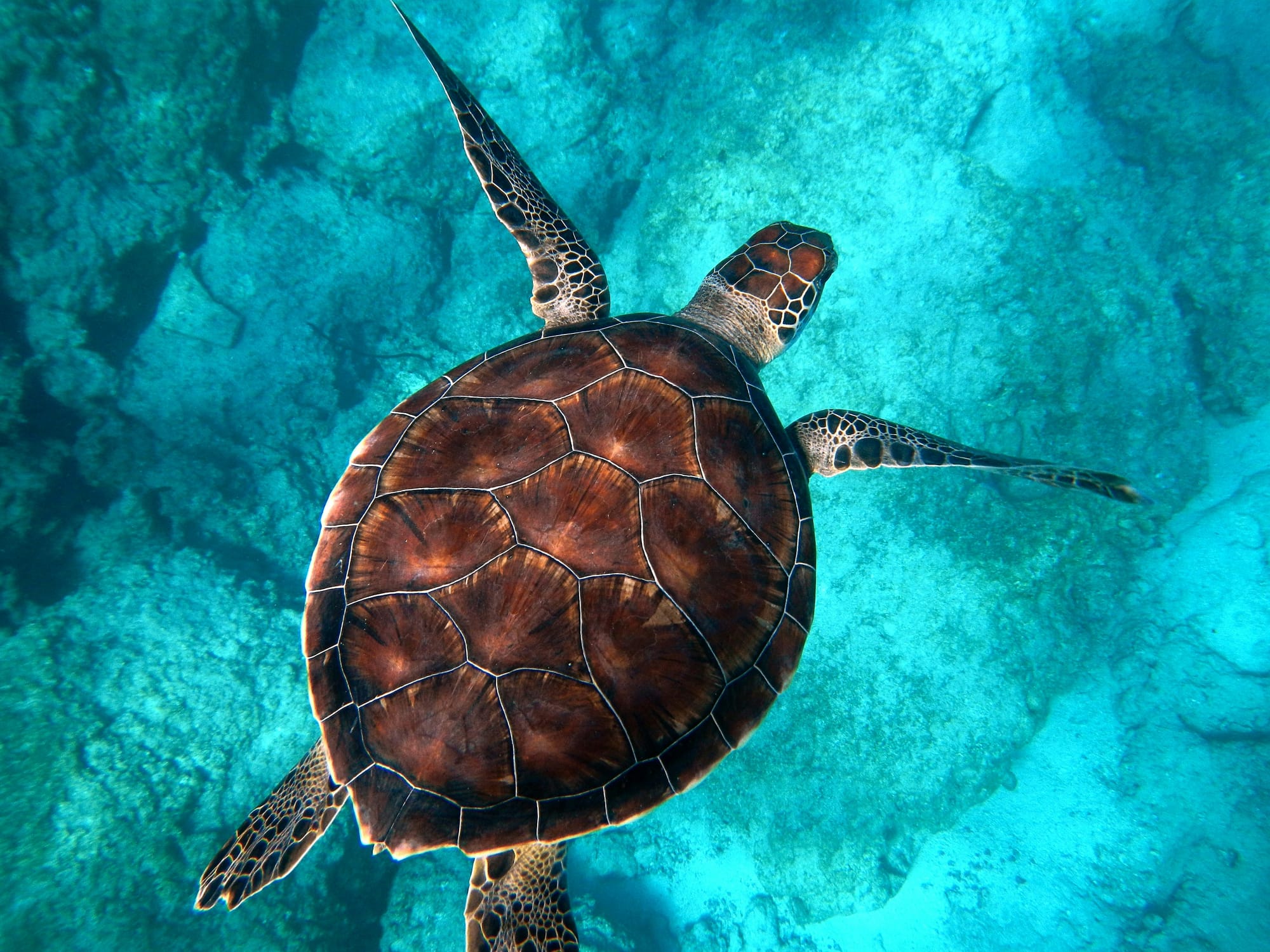
Malgana Seacountry
The Malgana Seacountry Project (MalganaSea) is a collaboration set in the Gathaagudu (Shark Bay) World Heritage Area that incorporates Traditional Ecological Knowledge. This project builds on the recognition that Malgana Traditional Owners are active custodians of their Sea Country and hold individual and communal knowledge that is essential for the effective co-management and conservation of Gathaagudu. This ecological research addresses key conservation and management questions and plays an important role in understanding and improving the resilience of the marine ecosystem in Gathaagudu.
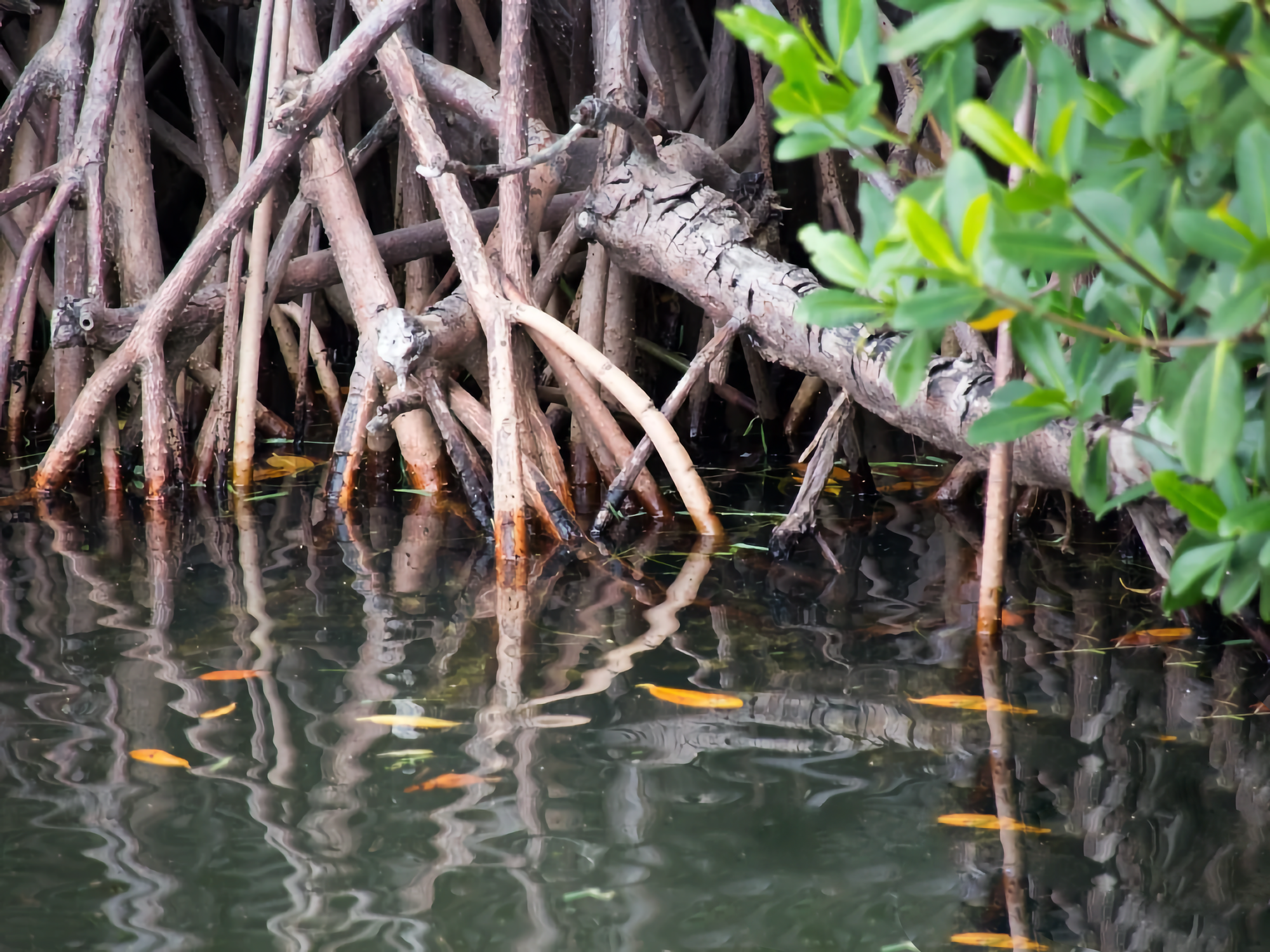
iCoAST
Integrated Coastal Analyses and Sensor Technologies (ICoAST) is a collaborative research project that involves field activities throughout the Western Australian coast. ICoAST develops novel sensor technologies to resolve habitat and uses crucial information on sea surface temperature, bathymetry, currents, and waves to map and understand marine and coastal habitats such as seagrass, macroalgae, and mangroves. The project uses a wide range of methods including satellite and drone imagery, unmanned surface vessels, autonomous camera systems, as well as field measurements from boats and collection of plant samples via SCUBA diving to assess the health of the plant communities and how they respond to climate change.
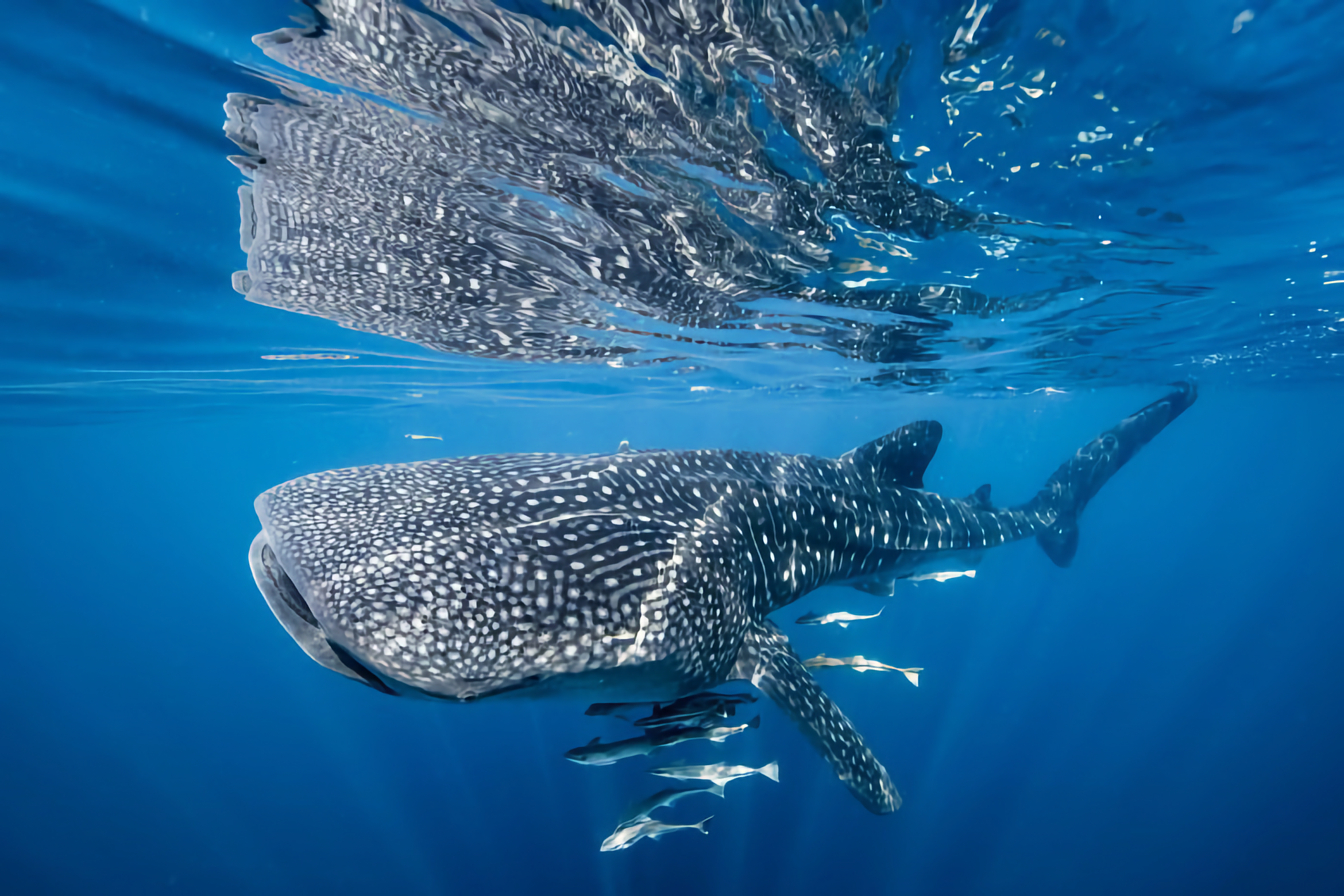
Global Shark Movement Project
Led by Prof David Sims, GSMP is a scientific research project bringing together 40 shark research teams spread across more than 100 institutes in 26 countries. The aim is to advance scientific knowledge of shark behaviour, ecology, conservation and fisheries science that can be used to inform improved management of threatened sharks and ocean biodiversity. Dr Ana M M Sequeira is a Steering Committee member of GSMP.
Learn more →Earlier Projects
Marine Megafauna Movement Analytical Program
MMMAP aimed to significantly improve our understanding of marine megafauna movement at a global scale to ultimately assist the conservation and management of economically important, charismatic, and threatened highly migratory marine species, including sharks, turtles, and whales. It was led by Dr Ana M M Sequeira and composed of a core group of 11 international experts in Movement Ecology, as well as an extended network of more than 50 collaborators from 40 institutions across 11 nations. Since its inception, MMMAP produced a number of high-impact research papers.
Marine Megafauna Task Team (MMTT)
MMTT was formed at a workshop prior to OceanObs'19, organised by Dr Ana M M Sequeira, aiming to implement a global initiative to coordinate marine megafauna tracking data so it became available in an inter-operable format that could be used effectively to inform policy makers. A range of representatives from national and regional tagging networks attended the workshop, and together they formed the steering committee for GOOS-ARTI, Global Ocean Observing System – Animal Research and Tracking Initiative.
Aqua Space
AquaSpace was a global research project (2015–2018) funded by the European Commission Horizon 2020 and involved 22 international partners and 17 case studies in Europe, China, North America, Australia and New Zealand. Its full title was ‘Ecosystem Approach to making Space for Aquaculture’ and the main aim was to understand spatial and socio-economic constraints on the expansion of aquaculture, and to test tools to help overcome these constraints.
Model Transferability
The Model Transferability project was part of Dr Ana M M Sequeira’s postdoctoral fellowship (2013–2016) and culminated in a symposium and focus group convened at the 4th International Marine Conservation Congress in 2016 to discuss the transferability of models to increase the utility of predictive models. The event was led by Dr Ana M M Sequeira, Dr Katherine Yates, and Dr Phil Bouchet, and led to a collaborative research effort involving 50 co-authors from 49 institutions, including world leaders in the field of Ecological Modelling.